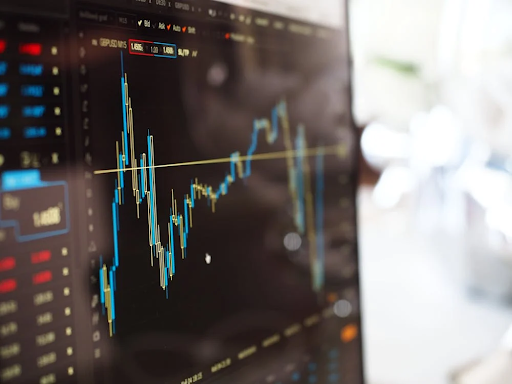Odds and probability might seem like abstract concepts reserved for statisticians, but in reality, they shape decisions in both business and leisure more than we realize. From assessing the risk of an investment to deciding whether to place a bet at a card table, understanding odds helps people make better, more confident choices. The same mathematical principles that guide sound financial strategies can also enhance the fun and strategy of playing in a live casino.
What Are Odds, Really?
In simple terms, odds represent the likelihood of a specific outcome. In economics, they might reflect the probability of a market gaining value. In entertainment, they could describe the chances of drawing a winning hand. By breaking decisions down into probabilities, you remove some of the guesswork and replace it with informed reasoning.
Odds in the Business World
Business leaders, investors, and entrepreneurs use odds every day, even if they don’t call them that. When deciding whether to launch a new product, they weigh potential market demand against costs and competition. This is essentially calculating the probability of success versus the risk of failure. A company expanding into a new market might estimate a 70% chance of reaching profitability within two years. Understanding those numbers helps stakeholders decide whether to commit resources.
Probability in Finance
Financial decisions are rooted in probability. Investors study market trends, economic indicators, and company performance to assess whether an asset is likely to rise in value. Diversifying a portfolio is another way of managing odds—by spreading investments across different sectors, the chances of total loss decrease. Just as a savvy casino player avoids putting all their chips on a single high-risk bet, a skilled investor spreads the risk to maintain stability.
The Casino Connection
Odds are front and center in casino games. Every game has a house edge, and players who understand this can adjust their strategy accordingly. In a live casino setting, for example, understanding the odds of each hand in blackjack or the probability of winning a particular roulette bet can make the experience more engaging. You’re not just playing—you’re making informed decisions that can increase your enjoyment and potentially improve your results.
Risk Versus Reward
Both in business and in gaming, there’s a constant balancing act between risk and reward. Higher risks often come with the possibility of higher returns, but they also carry greater chances of loss. An entrepreneur investing in a breakthrough but untested product faces a similar decision to a player placing a high-stakes bet. The key is to assess whether the potential payoff justifies the risk.
Managing Your Bankroll and Budget
In finance, budgeting is essential. The same applies to gaming, where bankroll management helps players enjoy themselves without overspending. Setting aside a fixed amount for entertainment ensures you can participate without risking money needed for essentials. In both scenarios, discipline prevents emotional decisions that can lead to losses.
The Psychology of Probability
Interestingly, even when people know the odds, human psychology can influence decisions. In business, overconfidence might lead an investor to ignore warning signs. In a casino, a winning streak might make a player feel “invincible,” tempting them to take unnecessary risks. Recognizing these psychological pitfalls is crucial in both fields. Emotional awareness can help maintain clear thinking and consistent decision-making.
Learning From Losses
Losses happen in both business and gaming, but they can be valuable learning tools. In finance, a failed investment can reveal flaws in research or execution. In gaming, a loss might highlight an overly risky strategy or a misunderstanding of the rules. Those who analyze their setbacks and adjust their approach tend to improve over time.
Making Probability Work for You
The power of understanding odds lies in using them to make better decisions. In economics, this means backing projects with a strong likelihood of success and knowing when to walk away from a bad deal. In entertainment, it means choosing games and strategies that align with your preferred balance of risk and fun. Whether you’re launching a start-up or sitting at a poker table, a calculated approach often beats blind luck.
Final Thoughts
Odds are more than numbers—they’re a decision-making framework that applies equally to boardrooms and blackjack tables. Understanding probability helps you assess opportunities, avoid unnecessary risks, and increase your chances of success. In the business world, it can mean the difference between profit and loss. In a live casino, it transforms the experience from pure chance into a strategic challenge.
When you embrace the logic behind the odds, you begin to see patterns, make smarter choices, and enjoy both financial ventures and entertainment with a greater sense of control. Ultimately, probability empowers you to play the long game, whether your arena is the global market or a vibrant gaming floor.


